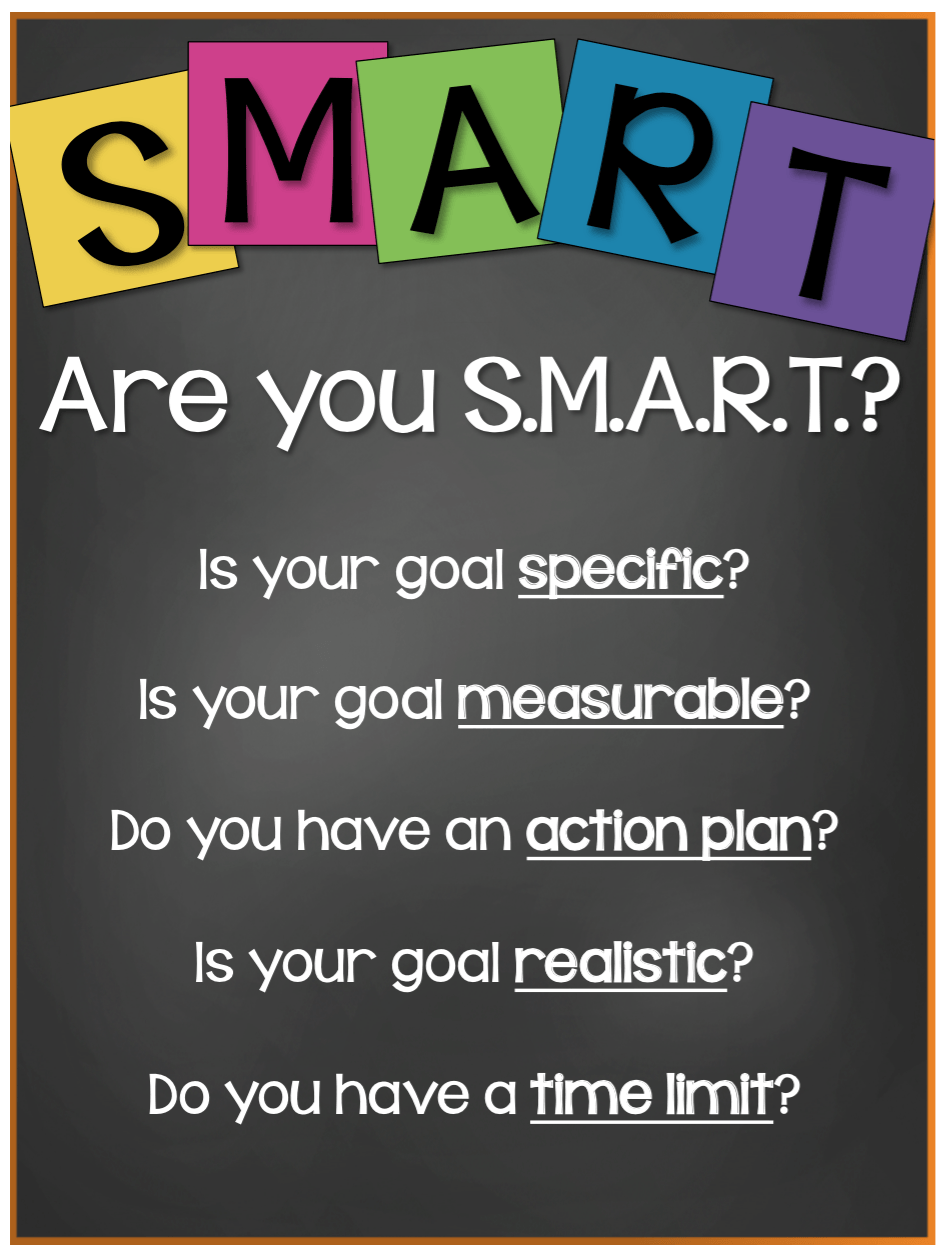Ten things you need to know before starting a business
Do you have a great business idea but I don’t know how to get started?
Distinct Business Solutions have put together ten things you need to know before starting a business.
1. Be clear on your idea
If you want to start a business, be clear on your idea, direction, vision and goals. Ask yourself what you want to achieve in 12 months, two years and five years. These will help you from your business plan.
2. Create a Business Plan
Do your research and be confident in what you’re doing. Research the need and want from the market for your product, how you will be marketing it, the costs involved in setting up and producing your product as well and the people and plant needed to product that product.
Speak to your accountant, solicitor, business adviser and bank before you commit to anything. Small upfront costs could save you thousands down the track.
All of this information will help you determine whether your business is viable before you invest large sums of money into it.
Your business plan is your map on your road to success. It gives you a clear vision and direction and helps you get back on track if you deviate away.
‘Write your Principles in Pen, and your Business Plan in Pencil’
It is not a one-off exercise. To be of value, a business plan must become a part of Your Business. Think of a business plan as an ongoing relationship. Is your business plan still relevant? Business plans and Budgets need to be dynamic, responsive to change and reviewed regularly. The long-term budget should be updated when the short-range plan is prepared.
Contact Distinct Business Solutions for your Free One Page Business Plan Template
3. Create a budget
Budgeting is essential. It is the most effective way to ensure your business has a future. It allows you to control your cashflow and make provisions for larger costs, as well as giving you an indication of when the time is right to invest in your idea further and expand it
A budget is a plan to control your finances. You don’t want to run out of cash and fall short of payments. Similarly, you want to know you can meet your current goals, as well as plan for future ones.
Contact Distinct Business Solutions for your Free Budget Template
4. Get your costings right
Ensure the selling price for your goods or services factors in the costs of your overheads such as rent, insurance and salaries. It is also important to factor in your own time and expertise by way of a salary to you.
5. Where will you get the money required to start?
Starting a business can be very expensive. Start-up costs can include research expenses, insurance, equipment, materials, employee expenses, licences and fit out of premises. Are you able to self-fund through savings or will you be seeling funds by way of a bank loan or investors? All of these are great ways to fund your start up so long as you can manage repayments or provide your investors with a competitive return on investment.
6. Be clear on your financial position
A separate bank account solely for the business will help you keep track of your expenses and help you see how much money you have at any given time so you don’t over-commit yourself financially.
7. Create an Action Plan
An action plan will help you turn your business plan into reality. It is basically a list of tasks that need to be achieved, in order for the goals to be reached by the business. Ensure your goals are S.M.A.R.T.E.R, being Specific, Measurable, Achievable, Realistic, Timely, Evaluate and Review, and to measure your performance to your action plan regularly.
Contact Distinct Business Solutions for your Free Action Plan Template
8. Measure performance regularly
Regular monitoring of your performance and cash flow is vital. This will allow you to see how you are tracking verses your budget and action plan. In which areas are you going well? And which areas require tweaks? This will enable you to make changes sooner rather than later, before it’s too late.
Ensure you have enough cash to stay on top of both your creditor payments and your loan repayments. Make sure your customers are paying your invoices on time. Question any variance (it’s usually a sign that something needs to change) and don’t place too much reliance on credit.
9. Don’t be afraid to cut your losses.
If things aren’t tracking well, don’t dig yourself in deeper. Speak to your advisers about your options. If things don’t improve, you might need to put everything on hold until the timing is better.
10. Do what feels right to you
Ultimately the business is yours and you shouldn’t do anything you’re not comfortable with. You’ll receive a lot of well-meaning advice. Never be afraid to voice your concerns and ask questions.
Now that you have Ten things you need to know before starting a business, you have an excellent chance of surviving and thriving.
Find out more about Distinct Business Solutions’ Business Coaching Services
Any advice in this blog is general in nature and is intended for information purposes only. For personalised advice please contact your accountant.



